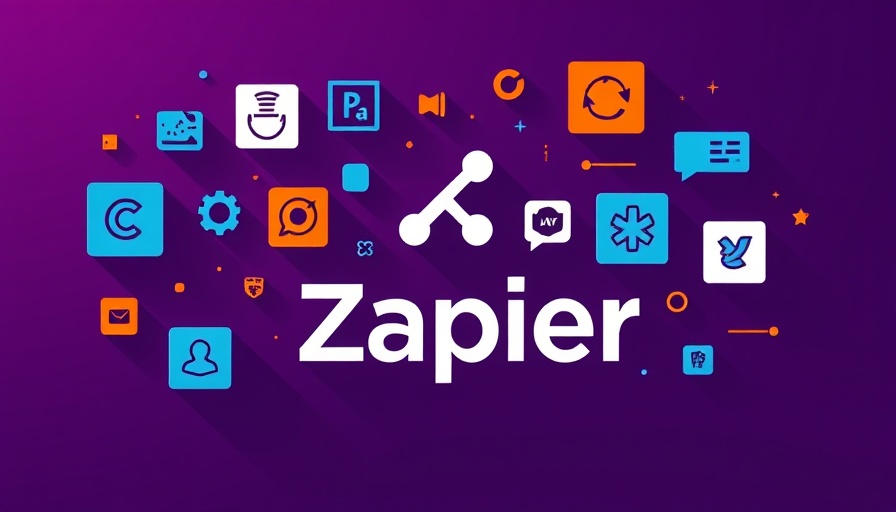
Understanding the Impact of New Sanctions on AI Tools
As regulatory landscapes shift, particularly concerning international relations and national security, tools like Zapier are affected by various sanctions that limit service provision in specific regions. In recent announcements, Zapier declared that effective September 12, 2024, users in sanctioned countries—including Russia, Belarus, Iran, North Korea, Syria, Cuba, and the Crimea region—will no longer be able to access its automation services. This move is not just a corporate decision; it reflects a broader trend of compliance with tightening regulations in the tech sector.
What It Means for Marketing Professionals
For marketing professionals relying on automation tools for workflows, these changes could have significant implications. Zapier has positioned itself as an essential tool for streamlining processes, connecting apps, and enhancing productivity in marketing campaigns. Losing access to such a tool can hinder operational effectiveness, especially for teams collaborating across borders.
Ensuring Compliance While Innovating
This decision by Zapier underscores a critical balance in the tech industry: the need to innovate while ensuring compliance with international laws. As AI technologies continue to develop rapidly, companies face the challenge of navigating these evolving regulations without stifling innovation. For marketing teams, understanding these dynamics is crucial. It allows them to plan and adapt their strategies proactively and ensures they leverage available tools efficiently.
Future Insights: Staying Ahead of Regulatory Changes
Looking ahead, marketing professionals must stay attuned to shifts in legislation that can impact their tools. With ongoing global tensions, it is likely that new sanctions will emerge, possibly affecting other software companies. Keeping abreast of these changes and having contingency plans in place is vital for sustaining effective marketing workflows without interruption.
Take Action: Prepare for Transitions
In light of these developments, marketing professionals are encouraged to assess their current tech stack. Consider alternatives and generate strategies to mitigate potential disruptions. This might include seeking out other automation platforms that comply with international regulations or reevaluating workflows to ensure continuity.
 Add Row
Add Row  Add
Add 




 Add Row
Add Row  Add
Add 

Write A Comment